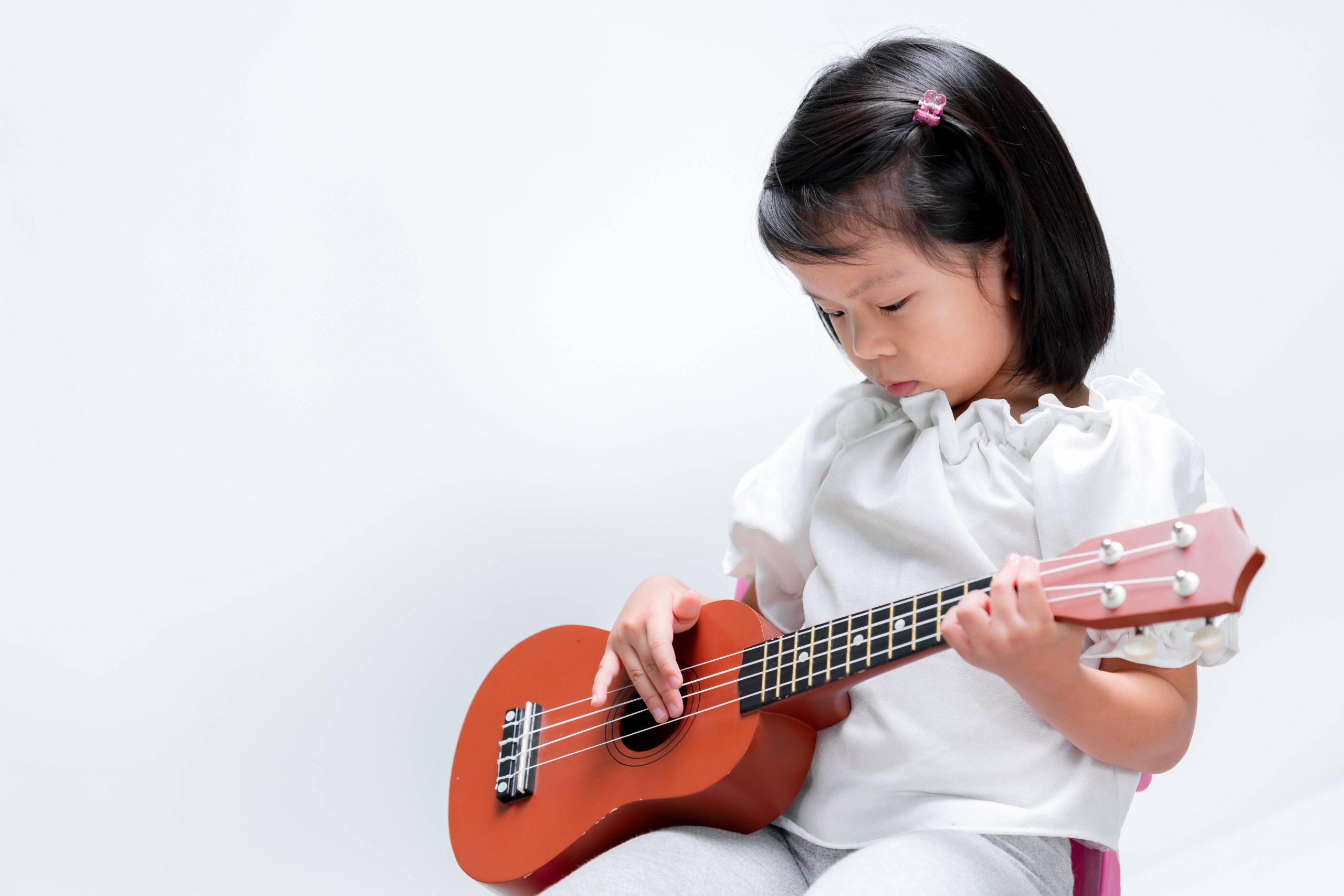
Melodies of Learning: Unveiling the Essential Music Skills for Kindergarten
Introduction
We all want our kids to have a well-rounded education that encompasses both academics and creative and expressive abilities as parents.
Music is a subject that is frequently disregarded in early childhood education. The development of a child’s cognitive, social, and emotional skills can be greatly aided by kindergarten music instruction.
This article explores the necessary musical abilities for kindergarten-age kids and how parents can encourage their preschoolers’ love of music.
Importance of Kindergarten Music Education
Young preschoolers benefit from music education in kindergarten by developing a range of abilities, including language, memory, and motor skills. It also offers kids a venue for creative expression, both of which are essential for their overall welfare. Preschoolers who are exposed to music early on may also grow to appreciate music from other cultures and musical genres.
Crucial Music Abilities
Learning to listen and distinguish between various sounds and rhythms, comprehending fundamental musical ideas like pace, melody, and harmony, and taking part in group singing and instrument play are some crucial music abilities for kids in kindergarten. Preschoolers must also learn the fundamentals of reading music and musical notation.
Parental Involvement
By exposing their preschoolers to a variety of musical genres, engaging in household singing and dance activities, and giving them the chance to experiment with various instruments, parents can aid in their preschoolers’ musical education. It is crucial to inspire kids to express their creativity through music and other artistic endeavors.
Listening Skills in Kindergarten
Preschoolers of all ages, even kindergarteners, should learn how to listen as part of their music education. These abilities include the capacity to hear and recognize various musical genres, comprehend the compositional elements and song structures, and interpret musical expressions and emotions.
Key Strategies for Developing Listening Skills
- Expose preschoolers to a wide range of music
- Encourage active listening
- Use visual aids
- Play musical games
- Attend live performances
Basic Musical Concepts
The essential components of music are basic musical ideas. They serve as the foundation for future musical education, so it is crucial that kindergarteners learn and comprehend them.
- Pitch
- Rhythm
- Melody
- Harmony
- Tempo
- Dynamics
- Timbre
- Form
Rhythm and Movement
A crucial component of music education for kindergarteners is the development of rhythm and movement abilities. Activities involving rhythm and movement aid in preschoolers’ physical and emotional growth as well as the development of their timing and coordination skills.
Ways to Develop Rhythm and Movement Skills
- Encourage clapping and stomping along to music
- Use percussion instruments
- Dance to music
- Use movement to express emotions
- Participate in group movement activities
Musical Notation
Learning musical notation is a useful skill for kids in kindergarten music education as it lays the groundwork for comprehending and interpreting music, enables them to converse and impart their musical ideas to others, and fosters creativity.
- Reading music
- Writing music
- Playing instruments
- Singing
- Collaboration
- Brain development
Creativity
The ability to be creative is crucial for kindergarteners as it develops their capacity for creativity, critical thought, and problem-solving. Parents can encourage their kindergarteners’ creativity through various activities.
- Encourage imaginative play
- Provide opportunities for creative expression
- Ask open-ended questions
- Read and tell stories
- Encourage risk-taking


